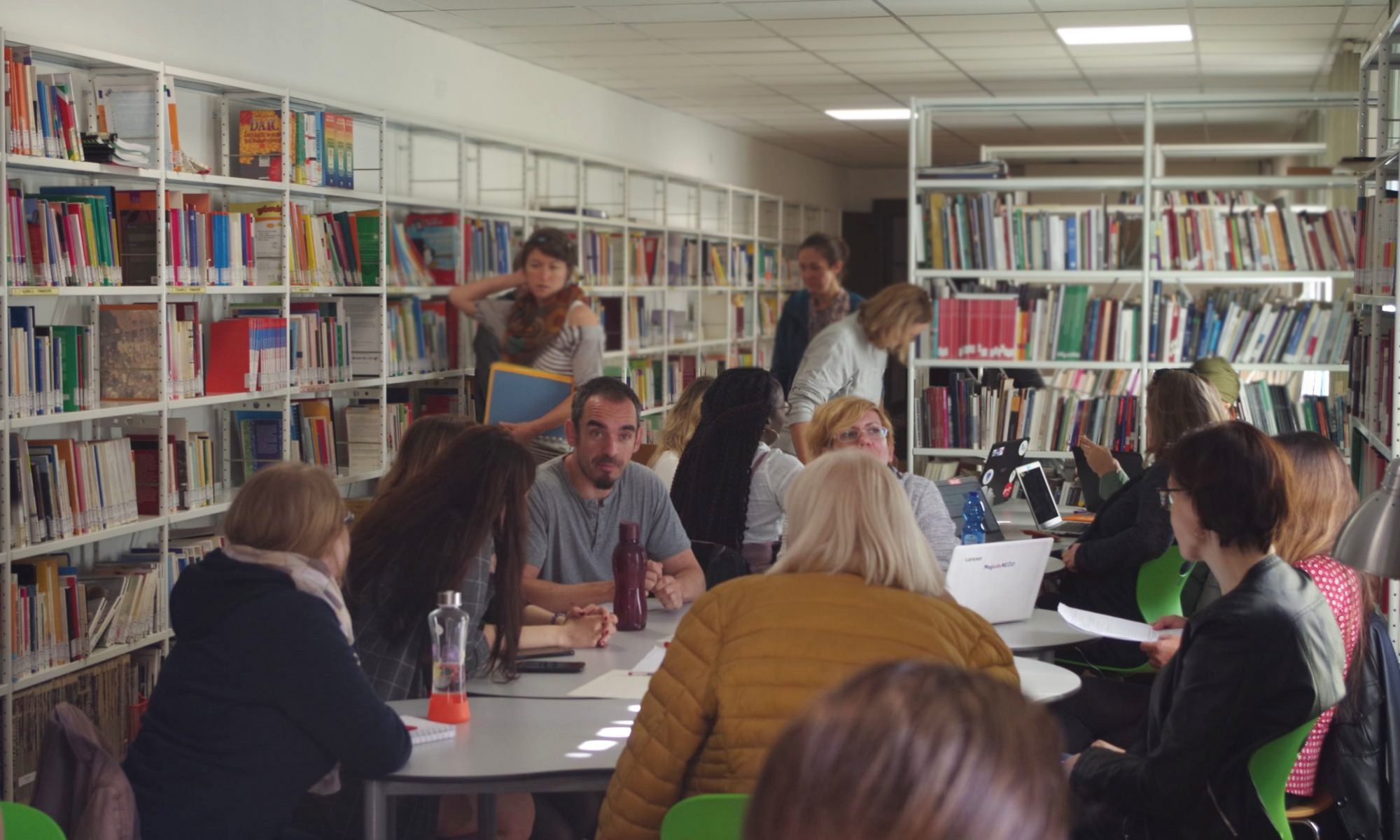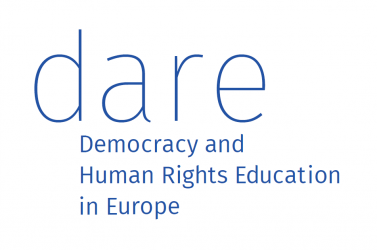From 6-12 Ju ne 2018 the STEPS consortium and a wide range of experts from the EDC/HRE and youth field met in Nafplio (Greece) to discuss the key findings of the STEPS project regarding right wing populism, post-factualism and radicalisation and its impact on EDC/HRE.
ne 2018 the STEPS consortium and a wide range of experts from the EDC/HRE and youth field met in Nafplio (Greece) to discuss the key findings of the STEPS project regarding right wing populism, post-factualism and radicalisation and its impact on EDC/HRE.
Run as a Erasmus+ Mobility project for staff in youth work this project has reached amazing results, that go far beyond a mobility project. Case analysis from 16 involved partners show that there are challenges arising for our field of work all over.
There is substantial influence of right-wing discourses and anti-democratic ideologies challenging the provision of EDC/HRE in youth work on the level of national youth policies, which is a big challenge as it hits the field of EDC/HRE work more or less unprepared.

Pedagogical dimension
On a pedagogical level there are however a lot of ready-to-apply offline and online experiences and concepts which range from non-formal democracy learning, to provide democratic experiences, spaces and environments for youngsters as well as to targeted youth work on the several levels of prevention work. There is unanimous agreement among partners that the European levels and the national levels should follow their commitments to develop adequate youth work infrastructures and learning spaces that systematically include the provision of non-formal EDC/HRE learning, before imposing prevention and de-radicalisation work in most countries barely existing structures of youth work.
Educators as democratic actors
There are worrying developments happening all over Europe which are clear indicators that the ruptures we face within our societies go much deeper than currently reveal within the short-sighted debates on migration. Clearly, there arise tasks for EDC/HRE as being one central field to work in society to uphold democracy and human rights, but there are also tasks that go far beyond the scope of youth and educational work capacities where educators and educational organisations should take a clear stand, advocate and defend for the democratic political commitment for human rights in our states and societies, thus strictly intervening against the spread of hatred and any anti-democratic ideologies as well as take a clear position on any attempts to install authoritarian rule.
Better approaches to radicalisation, populism and post-factualism in education
The STEPS project on one hand enabled NGOS in the field of EDC with youth to conduct a mapping of their organisation in relation to post-factualism, right-wing populism and radicalisation, thus enabled for developing better and targeted approaches towards the educational and youth policy fields in their countries. Further STEPS offered an ongoing tool- fair to test and discuss among experts existing concepts and approaches that can make a difference when its about learning democracy and tackling anti-democratic ideologies.
Handbook
There will be published a Handbook on the project in Summer 2018 as well as a policy paper reflecting on the key developments and dimensions relevant for the scope of STEPS.
More: http://dare.network/steps-survival-toolkit-populism-radicalization-and-the-response-of-education/

